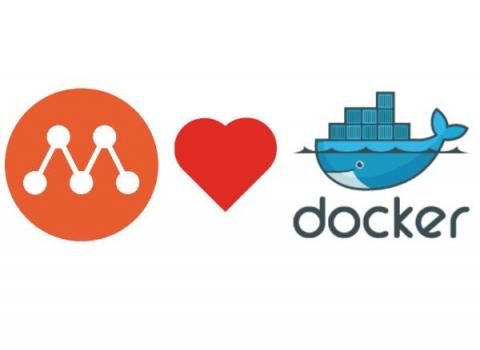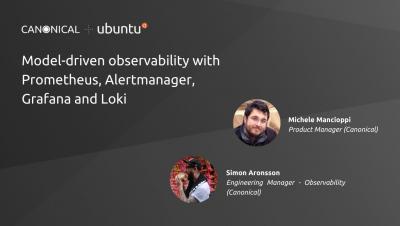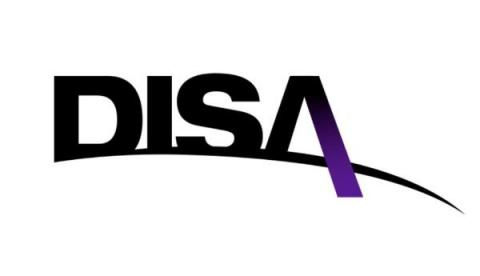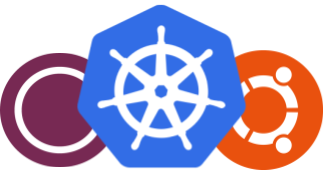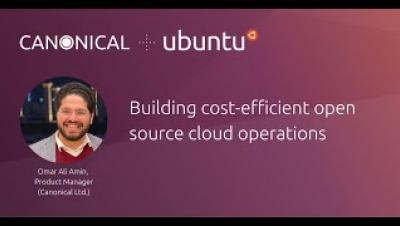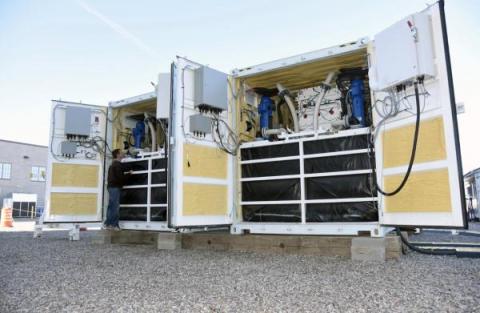Single-command Docker environments on any machine with Multipass
Multipass exists to bring Ubuntu-based development to the operating system of your choice. Whether you prefer the GUI of macOS (even on M1), Windows or any other Linux, the unmatched experience of developing software on Ubuntu is there at your fingertips, just one “multipass launch” away. Today, the Multipass team is delighted to enhance this experience for developers working with containerised applications!


